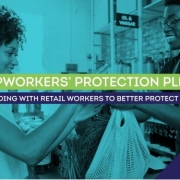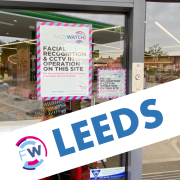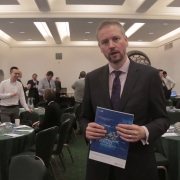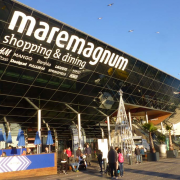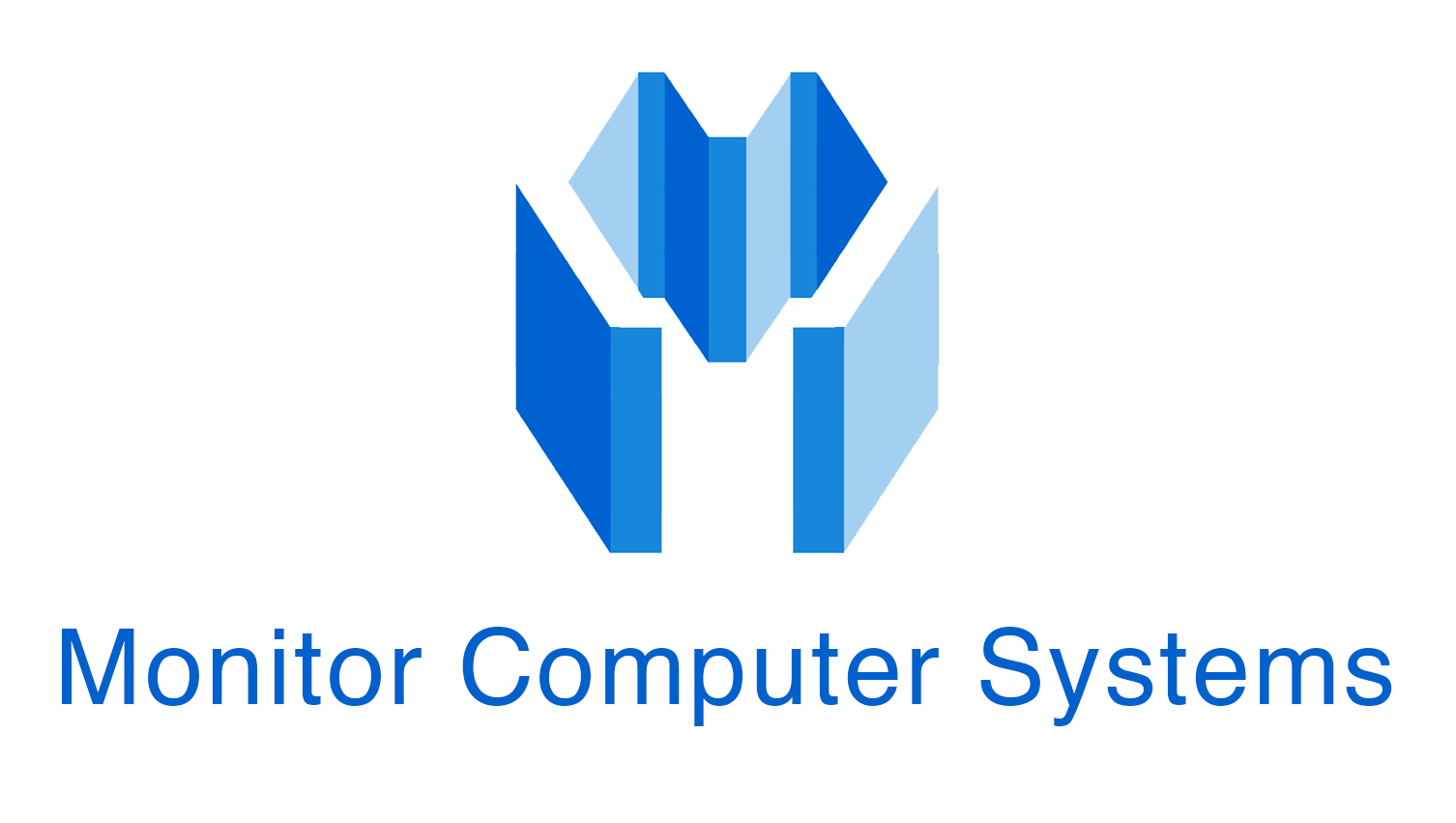Nick Fisher, CEO, of Facewatch talks Face2Face with customers, partners and the public about the real issues of retail crime and how Facewatch is facing up to the challenge of providing a proven and powerful tool which deters and prevents retail crime and violence.
Transcription below:
The Full Film:
Hi, I’m Nick Fisher and I’m the CEO of Facewatch. I’m coming on camera because I want to put the record straight about, a lot of the things I’ve been reading about facial recognition that are a little bit frustrating in some, in some cases and needs to be commented on from somebody who runs a business that at the heart of it is about facial recognition and data sharing. So bear with me while I express my views and tell you a little bit about Facewatch and why I think there’s a clear point of difference between how you may have read or understood how facial recognition works and how it’s used when it’s used in a very responsible fashion in the way that we use it today. So I think there’s a real place for facial recognition technology and the sharing of data, providing it’s done responsibly and very transparently and Facewatch has lobbied for transparency and some clear understanding within the government as to how we should be using this technology going forward.
But it certainly shouldn’t be driven underground. It’s a phenomenal tool if used correctly. I think it’s really important that we embrace new technology and specifically against the backdrop of increasing crime. There are 23,000 fewer officers than there were in 2010 and over the same period of time, 35% new types of crime. If you then take what gets published in the public domain, different forces across the UK saying that they’re not coming out to low-level crime anymore, it’s quite understandable. They don’t have the resources. Now, I spent 20 plus years as a shopkeeper, so I understand what happens in retail and all that does, it builds apathy, apathy for reporting crime. What’s the point? Nobody’s coming out, who are we educating at the end of all this, we’re educating the thief who knows there’s not many police around.
The police have gone public saying they’re not coming out to this anymore. And by the way, the shopkeepers said, there’s no point in reporting, happy days. And so the statistics all bear fruit. If you look at crime reported over the last five, six, seven years, it just keeps going up. And a recent independent report said it was at £11 billion in the UK now we’ve got to do something about that. And so when you’re talking about those sorts of numbers, they have a material impact on operating profit and net profit of businesses. We’ve been doing this for three years and what a transition it has been in the market in terms of the quality of algorithm production from when I first started in facial recognition to the point that we’ve only really released our technology in the last nine to 12 months. Because before then quite frankly I didn’t think it was good enough to use. It’s a different story now though, this is a really powerful tool and we’ve got to embrace new technology. If we’re going to help fight crime.
Facewatch a really powerful tool
We’re commoditising facial recognition. You need a standard HD camera and a license from Facewatch and away you go. The same price as CCTV technology. So a retailer, let’s just take a corner shop, can have facial recognition for the same price as a good CCTV system. Now the difference between facial recognition and CCTV; CCTV fundamentally records crime and therefore you have to report that crime to the police. And the police have said we don’t have enough resources to deal with low-level crime. Facial recognition provided by FaceWatch is proven to deter and prevent crime. And we’ve got some fantastic evidence where our subscribers have used Facewatch where they’ve seen significant reductions in crime in just 90 days of deployment.
So who benefits from Facewatch?
Well, in my opinion, everybody benefits, the store has a lot less negative activity on-site, less loss on-site, therefore greater profitability. The feedback we’ve had from employees where we’ve deployed Facewatch is they feel much safer and I’m sure it makes communities and environment safer. In fact, our YouGov survey said in general that people welcome facial recognition. CCTV essentially records the crime as it happens Facewatch and facial recognition technology prevents and deters crime before it happens.
Facts about Facewatch
So, let me deal with some of the facts and some of the misreporting of facial recognition. But let me specifically talk about Facewatch. Number one, we do not record and store data of innocent people. Number two, we do not track innocent people. Number three, we only operate on private property. We do not use facial recognition technology in public space, and this is wholly different from how the police and other organisations have been using facial recognition in public places.
How Facewatch works day today.
So here’s my message to you as store owners, this how you can make FaceWatch work for you in your business. So we’ve commoditised the proposition you need a standard HD camera and a Facewatch license. But how does it work on a day to day basis? Well, it captures the image of everybody who walks into your environment. It takes an image and converts it into an algorithm. It sends the algorithm to the Facewatch watch-list and looks for a match. If there’s no match, the image is deleted. As I said before, we do not store and hold data of innocent people. However, if there is a match, it will send an alert to a mobile device or any device you choose in less than two seconds with the image that you’ve got on file or that we hold for you and the image of the subject of interest that’s just walked through the door for you to match and compare and then it’s up to you how you handle that incident. As a retailer it should be non-evasive typically what I was in retail is we approach nearly all customers and say hi, can I help you? If you’re an innocent person, you’re saying I’m just having a look and most people respond with just having a look. Then you can say, I’ll be right behind you if you need any help. That means two different things to do different people to a thief. It means you watching me. To me, it means that sounds very helpful
Facewatch and Data Management.
Today. Everyone’s worried about data and so are we. We spent five years working with government bodies and, and uh, authorities to ensure that we are fully GDPR compliant with regards to managing and holding this special category data, which is facial recognition data on behalf of our clients. We manage, store and share that data proportionately and thematically with subscribers to face watch only and with no one else to give you the support and the training so that you and your teams can manage the system appropriately. All our data is secured in the cloud at tier three-level and Trustwave does penetration tests on our database frequently. So you can be confident that Facewatch knows how to manage and look after your data as we will be your data controller mitigating your risk.
So how effective is FaceWatch?
Well, let me give you some examples of clients who have used FaceWatch recently. We are working with a big convenience food retailer who had quite a material problem of theft in a couple of their stores. Quite substantial numbers with no list. Facewatch deployed the service into their site and within 90 days they got a greater than 25% reduction in both sites That’s led them to ordering another 18 licenses and to fit Facewatch in 18 more of their stores. Since we deployed the technology, they have not reported one crime. We’ve gone into a small convenience store who reported losing circa £25,000 a year and has seen a greater than 30% reduction in crime. This is all in less than 90 days of deployment. These are all running and are now into contract. These people are using it and they’re becoming the advocates of Facewatch. It really does prevent and deter crime.
So where does FaceWatch work best?
Well, we’re working with independent convenience stores, mom and pop stores who have deployed it because it’s highly affordable and as a great impact. We’re working with a national food retailer who now wants to consolidate and share data of a specific geography, so it’s very powerful the way it works in petrol forecourts, which are essentially now convenience stores that sell food. It works fantastically in shopping malls creating very safe environments. We’ve got a huge deployment with a shopping mall with a 70,000 footfall a day. They’re using it to really deter crime in their stores, down 70% year on year. It works absolutely everywhere. It’s a fantastic opportunity to be deployed in your business because it’s really affordable technology and it is proven to work.
Facewatch and self-help
So FaceWatch is about self-help. It’s about helping yourself and we work in partnerships, not just with our customers, but you have to work in partnerships with your customers. One of the things we insist on is absolute transparency. That means putting signage in your store, telling people you’re deploying facial recognition. One of the things that FaceWatch we’ll do is we’ll hold, store and share that data proportionally with other businesses in your area who subscribed to FaceWatch. You then start to build a really powerful tool to, to prevent and deter crime in your geography. Statistics reported by the ACS recently have shown that violent crime in specifically retail is on the increase and quite significant levels. These are people typically feeding habits , drug habits or drink problems. You know, we’ve had some fantastic feedback from subscribers to Facewatch saying that they feel safer in an environment where Facewatch is deployed and is a deterrent keeping these people away from their stores. They’re very transparent. The signage is their facial recognition deployed in here. They’d certainly don’t want to be caught on film. And as a consequence it’s easier not to go in an environment where you might be seen.
Final Thoughts
So I think facial recognition technology is like all technologies. I remember when CCTV first came out and I was a junior retailer and everybody said this is big brother watching us and we won’t be able to go out.! There’s nearly 6 million cameras in the UK and about a half a million in London alone. It’s technology that eventually becomes part of society and people’s sort of, well they might not embrace it, they just accept that it’s there. I think that’s part of the problem in the retail landscape that people just appreciate their CCTV cameras here now and that they’re everywhere and therefore my mindset is that it’s not much of a deterrent. I think facial recognition will change the landscape. I personally believe that it will be a commonplace technology and in less than five years time, the markets forecast it to be somewhere around the £8 billion mark in the next three years.
So I think there’s a lot of investment going into it by companies and I think society needs it as a tool. There’s clearly not enough police officers around, , there’s going to be a huge challenge getting the 20,000 officers that have been mentioned by the government. I think we’re migrating towards a world of self-help and technology is a key partner in the evolution of, of helping people. And I just fundamentally believe facial recognition is a fabulous tool, but it has to be used with some form of very clear guidance and governance. It has to be used in a very transparent way and it has to be used and deployed by responsible organisations, people who take that responsibility seriously and with very clear guidance and training to end users.
And I think it will be a huge deterrent for crime going forward. I think the initial subscriber base will be the primary benefit of it, but I think as adoption grows, I think this will have a material impact on crime and it, you know, what I’ve learned from criminals is they definitely don’t want to be recognized. This is a technology that creates a quick alert of someone who creates crime, then it might just be a start to have a material impact in reducing crime across the UK. Our objective is to make Facewatch as a technology affordable. We’ve aimed at the retail sector and we’ve priced it at the same price as a good quality CCTV system. So this is my sales pitch; If you’re interested, if you like what I’ve said, if you think this is a product for you, you have experienced retail crime, you want an affordable system where we manage the data for you. You put the technology in and it will have a material impact and we’ve got some fabulous case studies that we would be happy to share with you.
Get in touch with us. We’re here to help you, a very friendly organization and we’ll, we’ll guide you through the process. Thanks for listening.

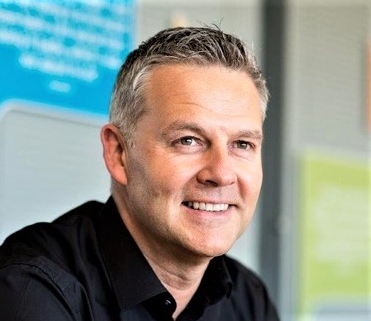 Facewatch
Facewatch